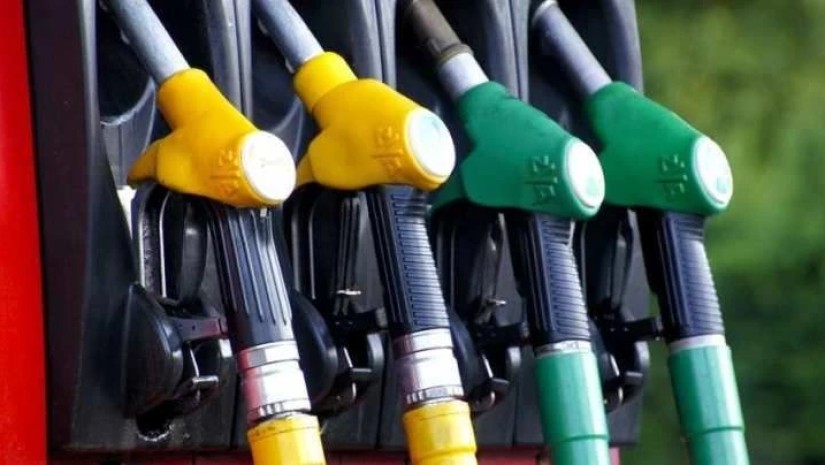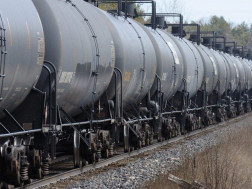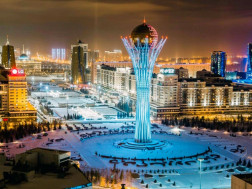Fuel prices have been rising in the country for several weeks now. Early in September, the prices for all types of fuel increased in the chain of branded gas stations.
The price of Euro regular is in the range of GEL 2.69 - GEL 2. 82. In the last days, the prices were adjusted by 4-4 tetri in the chains of SOCAR and Wissol fuel stations, while "Gulf" increased the price by 10 tetri.
Oil importers name several factors as the reason for the increase in fuel prices, one of which is the current situation in Russia. In particular, Russia reduced oil production, which created a deficit in the country. As it turns out, premium-type fuel has not arrived in Georgia from Russia for two months already. At the same time, the export tax for Russian companies was increased to USD 17, which increased the fuel cost. That is why the Russian market is becoming less interesting for Georgian importers. Part of the business started to return to the European market.
"Today's price increase is the result of switching to Europe. Gradually, we started importing from Europe in small quantities. Everyone started to rearrange. Russia has never been a reliable partner, it has become evident now. "Rompetrol" will be one of the initiators of the reorganization, because the factories in Romania are owned by "Rompetrol". "Gulf" has not created a problem yet, because it has powerful partners. As for "Lukoil", its factories are in Bulgaria and it does not rely on Russian fuel," said Vakhtang Iobashvili, head of the Union of Petroleum Products Importers.
Irakli Garibashvili called on businesses to import cheap fuel in the summer of 2022. The private sector started importing Russian fuel in September last year, which made fuel cheaper in the country. During the 12 months of 2022, the largest volume of gasoline and diesel fuel was imported from Russia - 651.3 thousand tons, which is 56.6% of all imports, followed by Romania - 240.3 thousand tons (20.9%); Bulgaria - 109.3 thousand tons (9.5%); Turkmenistan - 75.2 thousand tons (6.5%); Azerbaijan - 55.3 thousand tons (4.8%); Turkey - 7.6 thousand tons (0.7%), Greece - 4.8 thousand tons (0.4%), Kazakhstan - 2.0 thousand tons (0.1%), Belarus - 1.0 thousand tons ( 0.1 %) etc.
















